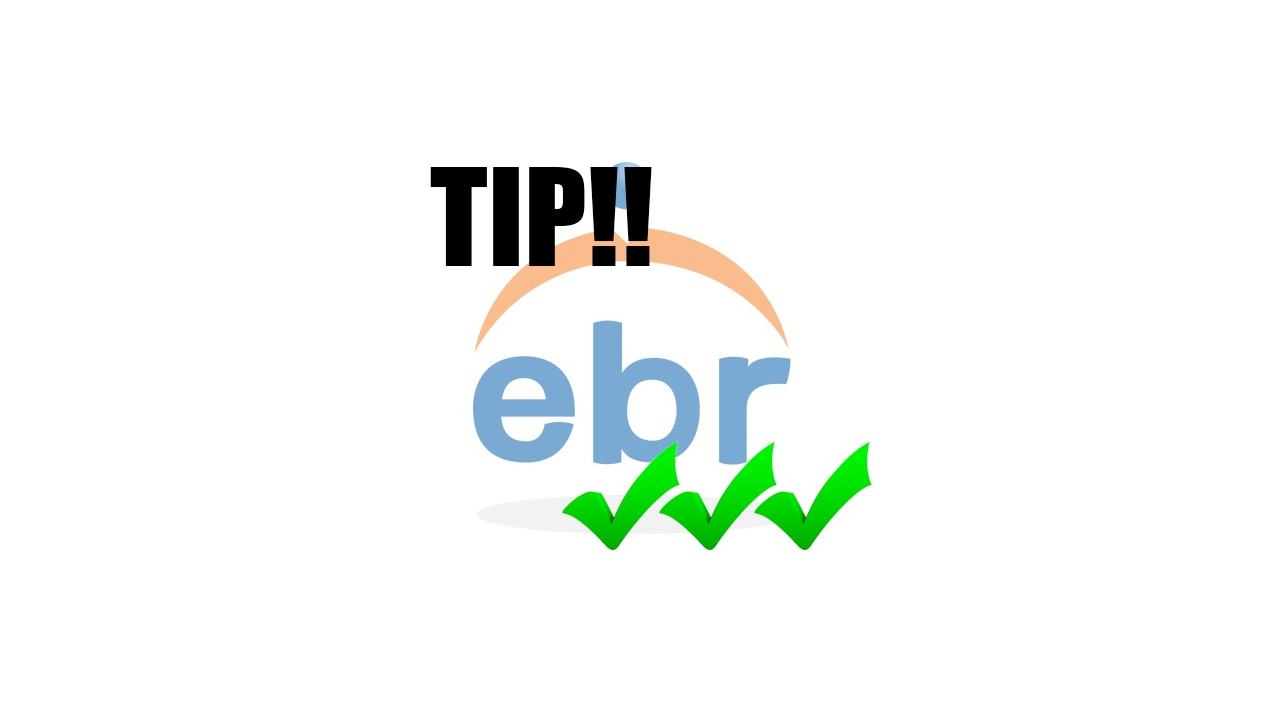Your 6-step financial health check
Written by Kate McCallum, Multiforte
As we start a new financial year, it is a perfect time to take stock and conduct a health check on your finances. In this newsletter, we share our 6 steps for assessing your financial health.Your 6-step financial health check:
An effective framework to ensure you're financially on track
1. Is your net worth growing fast enough?
This is one of the best barometers for measuring financial health, and provides an easy way to detect whether a longer-term problem may be emerging. An improved position can come from growth in your assets, and/or repayment of debt.
Do you know how the amount of net worth you need? And by when? Are your current sources of wealth meeting your present needs as well as providing you with savings for your future lifestyle?
If your wealth is in poor health, then you need to understand why. It may be a short term factor like the current uncertainty in investment markets, an unexpected expense or a career change. If it's because you're consistently spending more than you earn or you’re not saving, then this is unsustainable - and needs to be addressed urgently.Multiforte has an exciting new Money Management coaching program where we’re working with people who want to make the most of their income, get financially well organised.
2. Are your Super and Investment fees a fair deal?
Most people pay too much in fees on their super and investment monies. Which means less of your money is working for you.Concerned about fees and her stagnant investment balance, a new client had asked her previous adviser what could be done differently - his answer, "nothing". As it turns out, her fees on her combined super and investments of around $560,000 are now half - saving her more than $7,000 each year.
We commonly see annual platform and investment management fees of around 2% to 2.5%. If you could cut this in half for different value super or investments (see table below), you could have significant dollar savings each year.
| Portfolio value | Estimated annual saving |
| $250,000 | $2,500 - $3,125 |
| $500,000 | $5,000 - $6,250 |
| $750,000 | $7,500 - $9,375 |
| $1,000,000 | $10,000 - $12,500 |
3. How is your performance against benchmarks?
The first thing to do is to objectively measure two key characteristics: return and risk. Most investors focus on the return - where information is often readily available - but don't have the information or tools to assess the risk.
A client asked us our view on one of the top 5 performing international share funds. Its one-year performance was strong. But, when we assessed the risk it had exposed investors to in order to achieve that return, it was literally off the scale. Way too much risk for the level of return. Our tip – make sure you understand risk as well as return.
4. How are you sleeping? Does your portfolio require maintenance?
The financial crisis reminded many investors that they tend to overestimate their tolerance for risk and volatility - so you may want to re-visit your investor risk profile. This is also the time to see whether your portfolio requires rebalancing to your strategic asset allocations. Getting off track can expose you to unnecessary risk and/or dampened returns.
5. Are you still adequately insured?
Evaluate your disability and life insurance coverage. Do you have enough? Too much? Industry research continues to show that nine out of ten people have gaps in their insurance cover that leaves them and their families exposed to significant financial risk.
6. Do you need to make any changes to your estate plan?
Check the beneficiaries you have named on your super accounts your life insurance policies are still appropriate. A common trap is naming a beneficiary for super that is not a financial dependent – that is, a spouse or child. Which could mean your money does not go where you intended.
Maybe you're unhappy with your current advice and would like to 'road test' an alternative adviser. Or perhaps you’d like to find out how having financial advice could benefit you. Either way, we can highlight valuable areas to help you improve your financial outcomes or simply provide peace of mind.
Simply call Multiforte on 02 8209 1607 or email to find out more.



